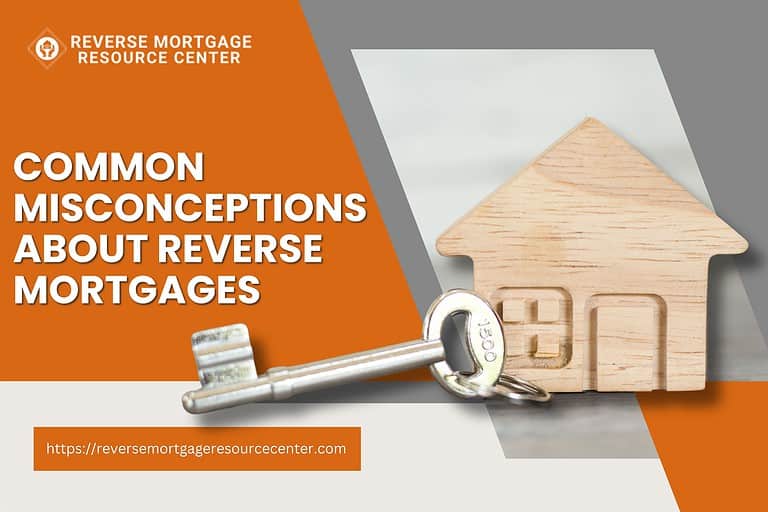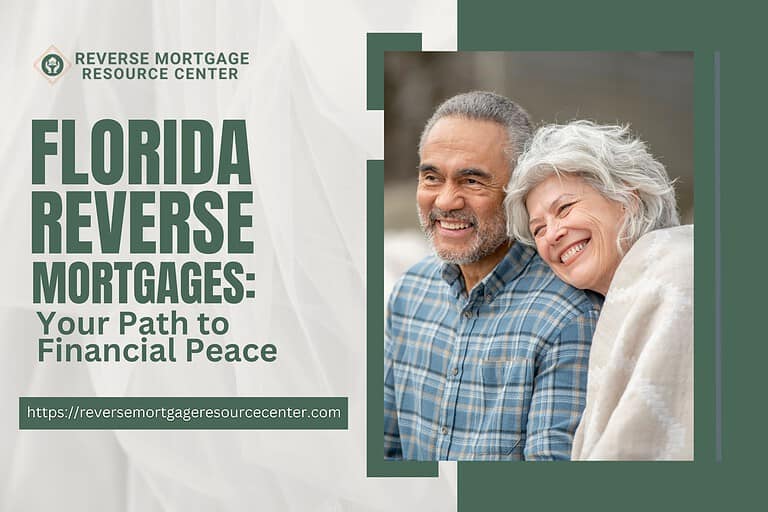Estate Planning and Nevada Reverse Mortgages: Tips for Seniors
Estate planning is essential to financial security and peace of mind, particularly for seniors who want to ensure that their assets are transferred per their preferences. A reverse mortgage is a financial strategy seniors in Nevada and many other states might consider. This article will look at estate planning and reverse mortgages in Nevada, giving seniors useful information to help them make smart financial decisions.
Understanding Estate Planning
Organizing and managing your assets during your lifetime and afterward is known as estate planning. It entails devising a strategy for distributing your assets to your heirs, minimizing taxes, and ensuring your desires are carried out after your death. Wills, trusts, powers of attorney, and other documents are all part of estate planning. Effective estate planning can be critical to a senior’s retirement strategy.
The Importance of Estate Planning for Seniors
As elders approach retirement and consider the legacy they wish to leave behind, estate planning becomes even more important. Here are some of the most important reasons why seniors should consider estate planning:
1. Protecting Loved Ones
Seniors want to ensure their loved ones are financially secure after passing away. Estate planning enables you to make provisions for family members, heirs, or charities in accordance with your intentions.
2. Minimizing Estate Taxes
Estate planning can assist in decreasing your estate’s tax burden, allowing more of your assets to pass to your beneficiaries. There are special state estate tax regulations to consider in Nevada, and cautious planning can assist in reducing your tax liability.
3. Avoiding Probate
The legal process of confirming a will and distributing assets to beneficiaries is known as probate. It can be time-consuming and expensive. Proper estate planning can help you avoid or reduce the probate process, resulting in a more seamless transfer of assets.
4. Ensuring Healthcare Wishes
Healthcare directives and powers of attorney, which allow seniors to make decisions about their medical treatment and designate someone to make healthcare decisions on their behalf if they become incapable, are part of estate planning.
Key Components of Estate Planning
Estate planning entails several key components, including:
1. Will
A will is a legal document stating how your assets should be dispersed upon death. You can also designate a guardian for minor children if necessary.
2. Trusts
Trusts are legal entities that own and administer assets on behalf of their beneficiaries. They can be used to avoid probate, cater to dependents with specific needs, or disperse assets over time.
3. Powers of Attorney
A power of attorney empowers someone to make financial or medical choices on your behalf if you cannot do so.
4. Advance Healthcare Directives
These documents define your medical treatment preferences and select someone to make healthcare decisions on your behalf.
5. Beneficiary Designations
Certain assets, such as retirement accounts and life insurance policies, pass straight to the beneficiaries designated in the paperwork, avoiding probate.
Nevada Reverse Mortgages: A Valuable Tool for Seniors
A reverse mortgage is a financial instrument tailored to homeowners aged 62 and up. It enables seniors to turn a portion of their home equity into income tax-free funds without selling their house or making monthly mortgage payments. Reverse mortgages in Nevada, as in other jurisdictions, can be a beneficial tool for seniors wishing to improve their financial stability in retirement.
How Reverse Mortgages Work
Reverse mortgages work in the following way:
Loan Eligibility: Seniors must be at least 62 years old and have considerable equity in their property.
Loan Types: The Home Equity Conversion Mortgage (HECM), guaranteed by the Federal Housing Administration (FHA), is the most prevalent type of reverse mortgage.
Loan Proceeds: Loan proceeds might be received as a flat sum, monthly installments, a line of credit, or a combination of these options.
No Monthly Payments: Unlike standard mortgage borrowers, reverse mortgage borrowers do not make monthly mortgage payments. Instead, the loan is returned when the homeowner sells the home, moves out, or passes away.
Interest and Fees: Over time, interest and fees are applied to the loan sum. The loan sum increases with time, potentially reducing the homeowner’s future equity.
Benefits of Reverse Mortgages for Seniors in Nevada
Reverse mortgages can help Nevada seniors in a variety of ways:
1. Supplement Retirement Income
Reverse mortgages give seniors a steady stream of income tax-free funds which can be used to meet living expenses, healthcare expenditures, or other financial requirements in retirement.
2. Remain in Your Home
Seniors who meet the loan criteria, such as maintaining the property and paying property taxes and homeowners insurance, can continue to live in their homes without making monthly mortgage payments.
3. Flexibility in Loan Disbursement
Depending on their financial goals, borrowers can receive loan proceeds as a lump sum, monthly installments, or as a line of credit.
4. No Repayment Until Leaving the Home
The debt is not due until the homeowner sells the house, moves out, or passes away. This gives seniors peace of mind since they know they can stay home without worrying about mortgage payments.
Tips for Seniors Considering a Reverse Mortgage in Nevada
While reverse mortgages have numerous advantages, they may not be the best financial tool for everyone. Here are some helpful hints for Nevada elders seeking a reverse mortgage:
1. Understand the Costs
Reverse mortgages come with various fees, including origination fees, mortgage insurance premiums, and servicing fees. Comprehending these expenses and how they will affect your loan balance is critical.
2. Attend Counseling
Seniors must undergo counseling with a HUD-approved counselor before qualifying for a reverse mortgage. This counseling session teaches you about the loan conditions, expenses, and alternatives.
3. Evaluate Your Financial Situation
Consider your long-term financial objectives and how a reverse mortgage fits your retirement strategy. Consult a financial counselor to ensure a reverse mortgage corresponds with your goals.
4. Maintain the Property
To keep their reverse mortgage in good standing, homeowners must maintain their property, pay property taxes, and have homeowners insurance.
5. Communicate with Heirs
If you intend to leave your house to your heirs, you must convey your intentions so they are aware of how the debt may impact their inheritance.
6. Explore Other Options
Consider other financial options before committing to a reverse mortgage, such as downsizing, using other assets, or exploring home equity lines of credit (HELOCs).
REVERSE MORTGAGE RESOURCE CENTER ~LIVE LIFE ON YOUR TERMS~
Our Lending Team has been serving our clients since 2004. We are passionate about serving our clients with integrity to help them achieve their financial goals.







